Lesson 19 - I study
There is a common verb that means "do" called shimasu. Just like desu, it can mean various things: "I study", "They study", "We study", "He studies", etc etc. The shi part of the verb, which means "do" literally, is called the stem. The second part, masu, which is the future or habitual tense, is the tense of the verb. In order to say you "do" something, you would put in what you do, add the direct object particle and add shimasu. For example, if I wanted to say "I do judo", you would say Juudou o shimasu. In addition, if you want to ask, "What are you doing?" you would replace the object with nani (a form of "what") and add ka to the end, making it Nani o shimasu ka.
To say "I study", you would say benkyou shimasu. Literally it would mean "do study", but it is translated just as study. Renshuu shimasu is the verb for "practice". Another handy verb is hanashimasu, which means "to speak" when referring to languages. Something else to keep in mind is a polite way to tell someone they are wrong: chigaimasu.
Let's have a sample conversation between Taisho and Chieko.
Chieko: Konnichi wa, Taisho san. Nani o shimasu ka.
Taisho: Aa, Chieko san, konnichi wa. Benkyou shimasu.
Chieko: Sou desu ka.
Taisho: Hai, sou desu. Anata wa nani o shimasu ka.
Chieko: Renshuu shimasu.
Taisho: Sou desu ka. Ja mata, Chieko san.
In this simple coversation, after the greetings, Chieko asks "What are you doing?" Taisho replies he is studying. Chieko then says Sou desu ka, which is like saying "Is that so?" or "Really?" Taisho replies Hai, sou desu, which is like saying "Yes, I am" or "Yes, that is so". Taisho then asks what she is doing. Chieko replies that she is practicing. Taisho says, "Really? See you later."
Now let's work with hanashimasu. If you speak more than one language, you can use ya as and. So therefore, if you wanted to say "I speak French, English, German, Chinese, and Japanese", you would say FURANSUgo ya eigo ya DOITSUgo ya chuugokugo ya nihongo o hanashimasu. To ask what language they speak, reaplace before the o, nanigo. Nanigo translates to "What language". To ask someone what language they speak, you would say Nanigo o hanashimasu ka.
You can also use nanigo to ask what languages a student may study in school. The question for that would be Nanigo o benkyou shimasu, or "What language do you study?" A good response to that would be SUPEINgo ya eigo o benkyou shimasu, or "I study Spanish and English". Let's use these in a conversation between Kimi and Aniki.
Kimi: Aniki san, konnichi wa.
Aniki: Konnichi wa, Kimi san.
Kimi: Nanigo o hanashimasu ka.
Aniki: Nihongo ya eigo ya kankokugo o hanashimasu.
Kimi: Sou desu ka.
Aniki: Hai, sou desu. Anata wa.
Kimi: Nihongo ya chuugokugo o hanashimasu.
Aniki: Sou desu ka. Nanigo o benkyou shimasu ka.
Kimi: Eigo o benkyou shimasu.
Aniki: Sou desu ka.
Kimi: Sou desu.
In this conversation, Kimi asked Aniki "What language do you speak?" Aniki replies that he speaks Japanese, English, and Korean. Kimi says "Really?" and Aniki replies, "Yes, I do. What about you?" Kimi replies that she knows Japanese and Chinese. Aniki then says, "Really? What language do you study?" Kimi replies, "I study English." Aniki says "Really?" and Kimi replies, "Really."
| Japanese | Romaji | English |
|---|---|---|
| します | Shimasu | Do / doing |
| 勉強します | Benkyou shimasu | Studying |
| 練習します | Renshuu shimasu | Practicing |
| 話します | Hanashimasu | Speaking |
| 違います | Chigaimasu | You're wrong (polite) |
| そうですか | Sou desu ka | Really? / Is that so? |
| そうです | Sou desu | That is so / Yes, I do / Really |
| 何語 | Nanigo | What language |
| や | Ya | And (in a list) |
